Apple's long-rumored first foray into cellular modem technology could debut as soon as 2023, according to analyst Ming-Chi Kuo.
Kuo in a note to investors predicts Apple's 5G baseband chip could power iPhone cellular connectivity in 2023, though the company might push back integration to a later date.
"We predict that the iPhone will adopt Apple's own design 5G baseband chips in 2023 at the earliest," Kuo said. "As Android sales in the high-end 5G phone market are sluggish, Qualcomm will be forced to compete for more orders in the low-end market to compensate for Apple's order loss."
The analyst previously predicted an Apple-designed modem to land in 2022 as a replacement for Qualcomm's 5G silicon.
Reports of Apple's work on 5G modem designs first surfaced in 2019, when the tech giant was using Intel for its baseband chip needs. Industry rumblings later that year claimed Apple accelerated development of its own chips after Intel showed slow progress on 5G.
Intel ultimately exited the modem business after Apple and Qualcomm settled a legal dispute over cellular technology and chip licensing. Apple purchased Intel's modem assets, including important patent portfolios, to bolster in-house development projects.
Qualcomm reentered Apple's supply chain with a multi-year chip agreement and is currently the exclusive provider of all iPhone, iPad and Apple Watch modems.
Apple's first 5G product, iPhone 12, hit market last year and was followed by cellular-enabled iPad Pro models in April.
 Mikey Campbell
Mikey Campbell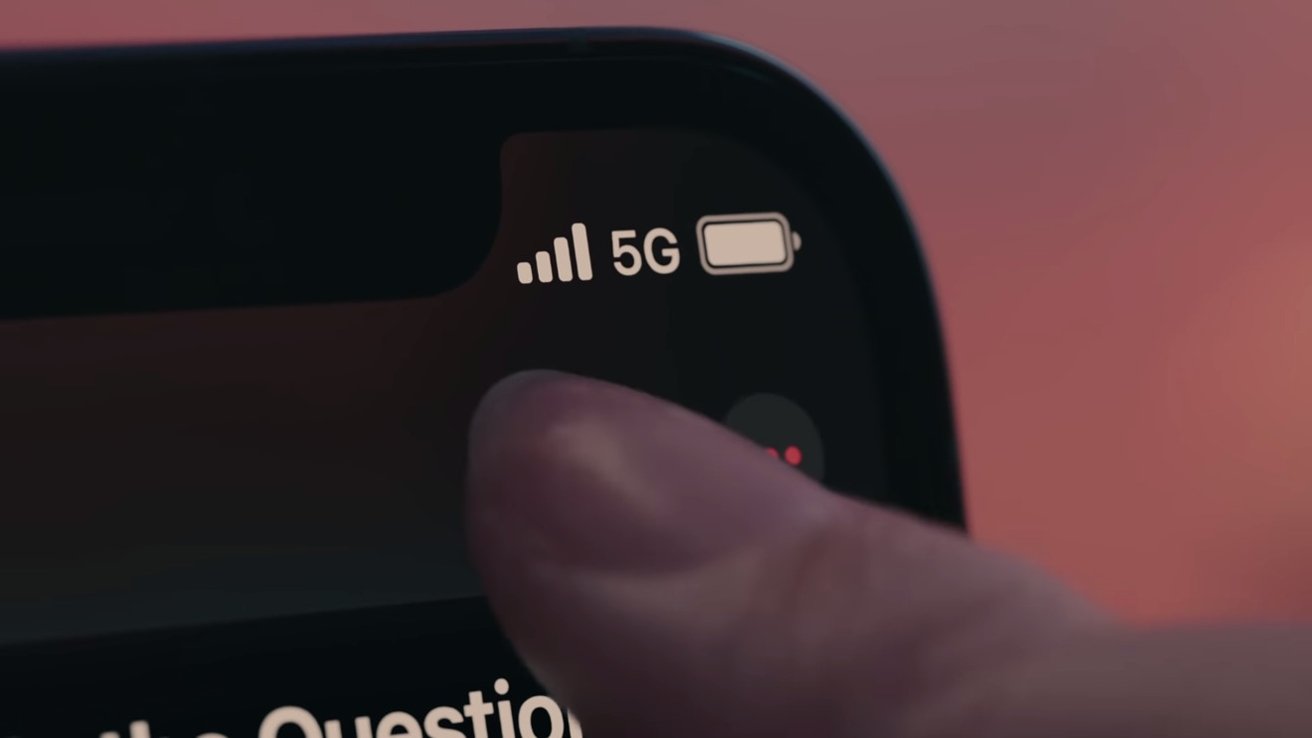








 Christine McKee
Christine McKee
 Malcolm Owen
Malcolm Owen

 William Gallagher
William Gallagher
 Chip Loder
Chip Loder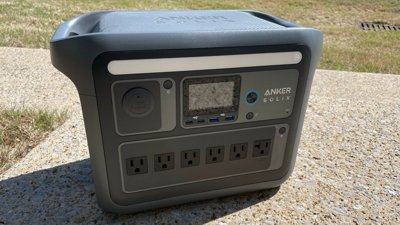
 Brian Patterson
Brian Patterson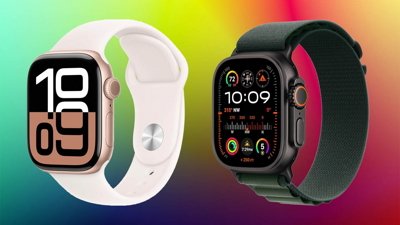
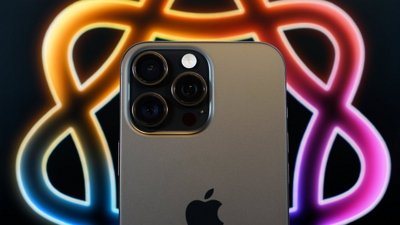
 Wesley Hilliard
Wesley Hilliard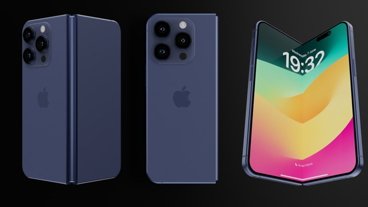
-m.jpg)






27 Comments
I want to see these chips land on MacBooks.
I feel like I’ve read this article before.
"
This doesn't make a lot of sense. 5G modems appeared on high end phones over 2 years ago and have become progressively more widespread since then. 'sluggish' is a wishy washy term without due context (industry wide, the chip shortage, COVID related, saturation...?). They are already available in the €250 price band and by 2023 they will be in the low end and probably have a huge new 5G IoT market to take advantage of too.
The deal to supply Apple was never part of QC's wider strategy. It was simply a 'bonus' that had a finite period of application. On top of that QC will continue receiving payments from Apple for every 5G modem that Apple makes.
In that context there is nothing required to 'compensate' for the 'loss' because QC probably never contemplated having Apple's business in the first place. Circumstances simply brought a deal to the table which they accepted. QC will simply continue its roadmap just as it was.
Even today (let alone 2023) with 5G modems having been on-SoC for a while now, the competition is tied to the general chipset market and not so much 5G modems themselves.
In that context, Samsung will definitely have something to say by the time 2023 comes around and Huawei certainly will, the second sanctions are lifted or they get their own manufacturing up to speed. Whichever comes first. Then of course there is Mediatek which I believe is the current smartphone chipset leader (although perhaps I'd have to confirm that to make sure) .
Kuo's prior item on this subject predicted Apple's proprietary 5G in 2022 or 2023. This one says 2023 at the earliest, but maybe later. I'm still trying to figure out how the oft-applied "more accurate than most" honorific for Kuo is calculated. Seems like Kuo's most oft-reported notes lately are corrections of prior notes. Mind you, I totally get that the pandemic has screwed things up for everyone, and that it also appears that Apple may actually be releasing decoy info that gets picked up by prognosticators, but I'm just trying to figure out how any one analyst gets commonly noted as better at this than other analysts.